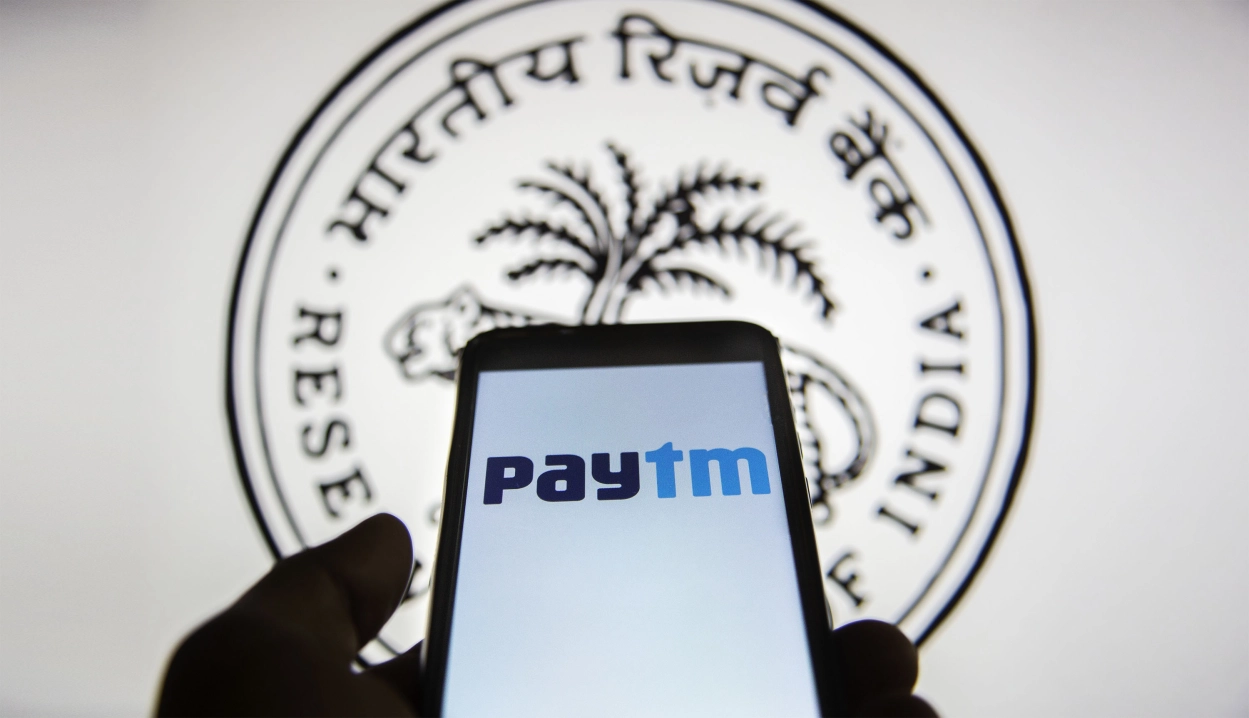Indian financial services firm Paytm has recently announced its plan to reduce the issuance of personal loans under 50,000 Indian rupees ($600). This decision has created a ripple effect in the fintech industry, leaving many investors rattled and concerned about the future of the sector.
Key Takeaway
Paytm’s decision to reduce low-value personal loans has sent shockwaves through the fintech industry in India. This move is a response to regulatory guidelines and reflects a growing trend of conservatism within the financial system. The impact of this decision is expected to be significant, potentially affecting the growth momentum and return on equity profile for unsecured lending across the sector.
A Response to Regulatory Guidelines and Macro Developments
The move comes in response to recent tightening regulations by the Reserve Bank of India (RBI) regarding consumer loans and its expressed concerns about small, high-risk personal loans. Paytm stated that it is adopting an “ultra conservative” approach and will instead focus on expanding its portfolio of higher-value personal and commercial loans to customers with a lower risk profile and high creditworthiness.
During an analyst call, Paytm’s president and chief operating officer cited “recent macro development and regulatory guidance” as well as discussions with lending partners as the driving factors behind the company’s decision. This reflects a growing trend of conservatism within the financial system, as well as Paytm’s significant market share in the segments.
Implications and Impact on the Industry
Analysts at Jefferies noted that Paytm’s move could be indicative of a general shift towards conservatism in the industry, which could have a far-reaching impact. Goldman Sachs, reflecting this sentiment, revised down its revenue and adjusted EBITDA estimates for Paytm for the fiscal years 2024 to 2026 by up to 10% to 40% due to significantly lower lending projections. Additionally, Goldman Sachs expects that Paytm’s disbursal growth for FY25 will be 0% year-on-year, compared to the earlier estimate of 37%.
The decision made by Paytm not only affects its own growth momentum and return on equity profile for unsecured lending, but it also has implications for the entire sector. Smaller players in the industry may be disproportionately impacted by this move.
Challenges and Outlook
Goldman Sachs analysts highlighted the significance of lending as a key driver of Paytm’s profitability. However, they now anticipate low growth visibility in this vertical over the next 6-12 months, given the higher-than-expected pressure on small-ticket lending that Paytm is experiencing. The company has already projected a 40-50% decline in postpaid disbursals in the near term, but the outcome remains uncertain, with the potential for further pressure if the macro environment does not improve significantly.

























